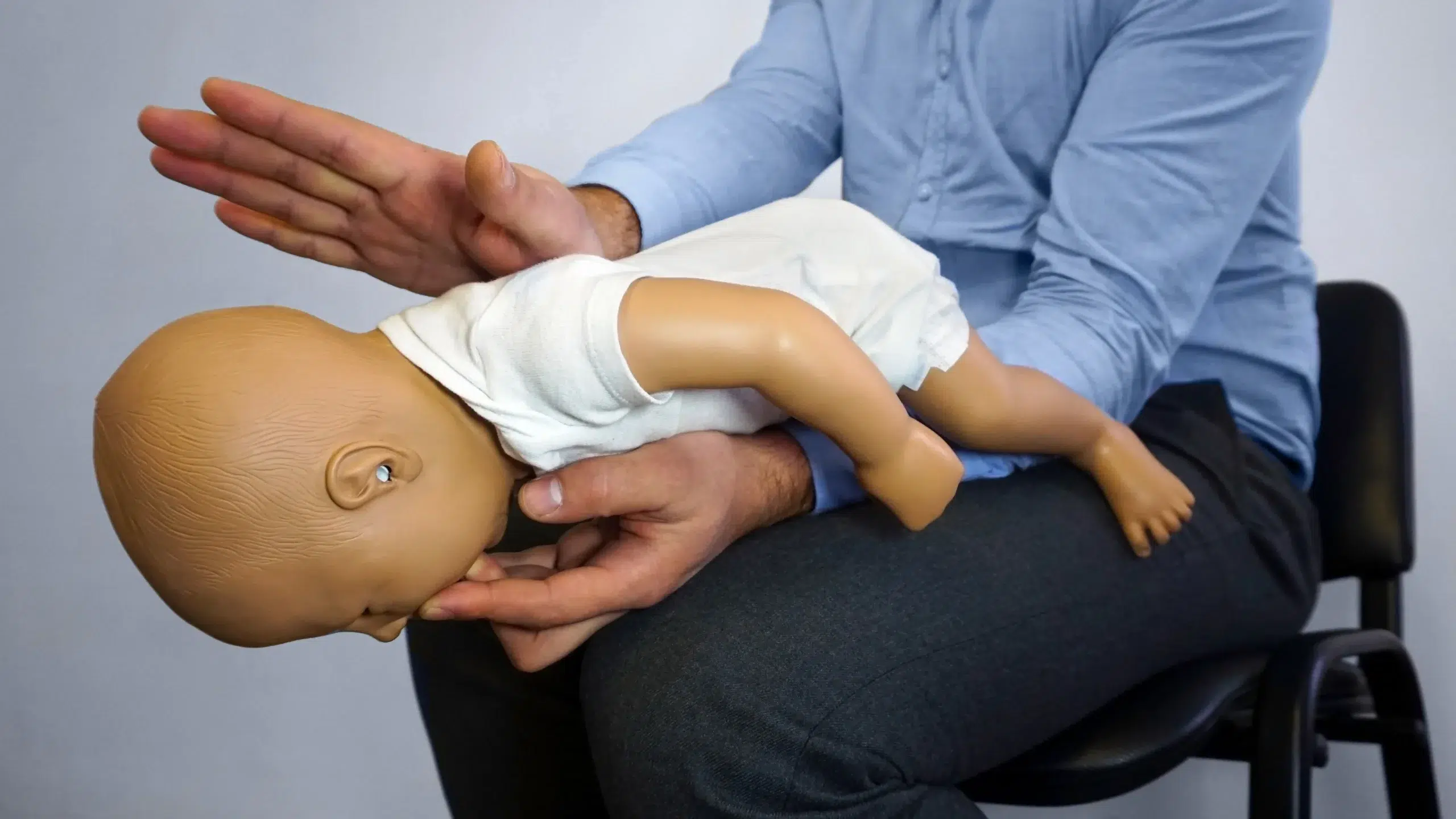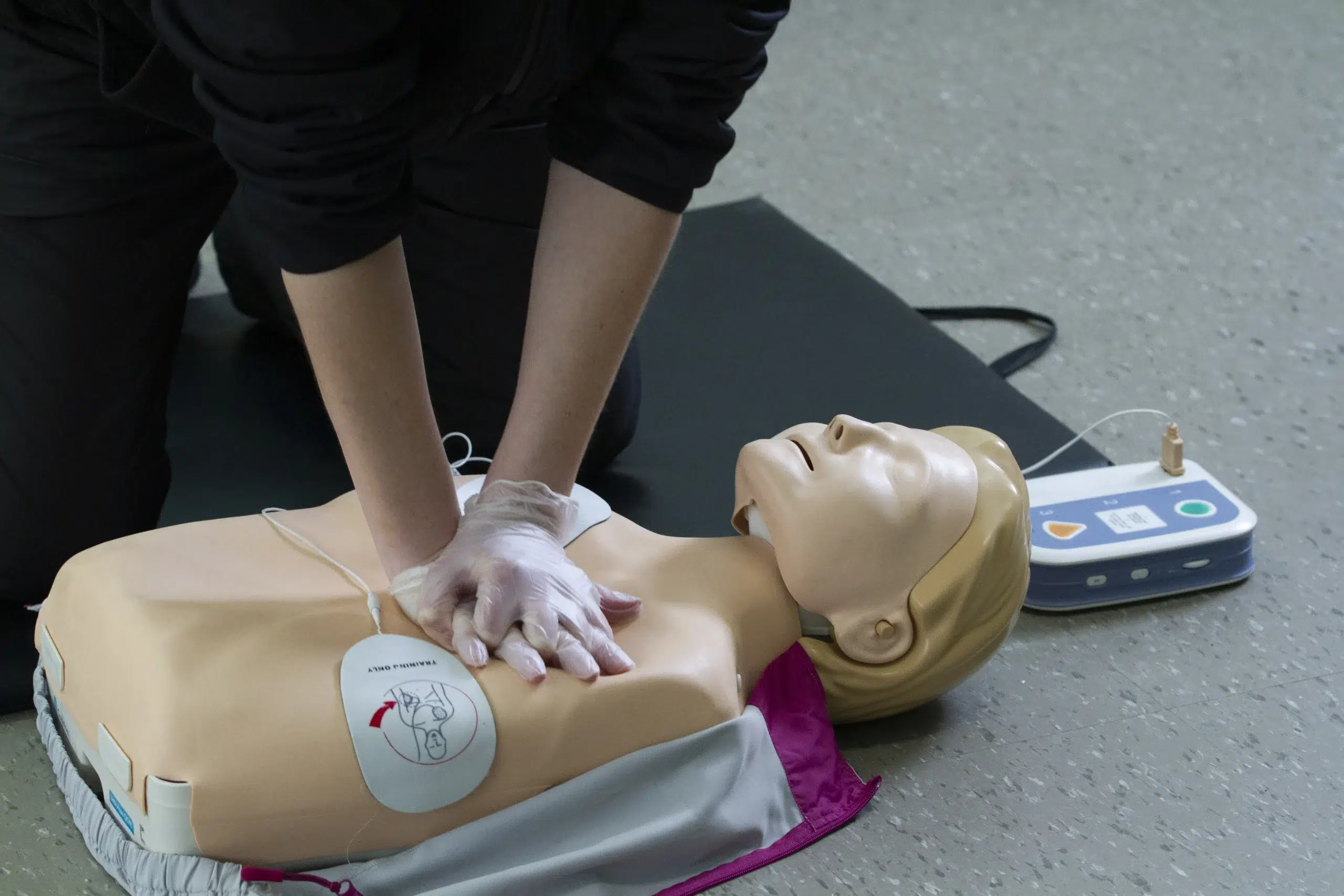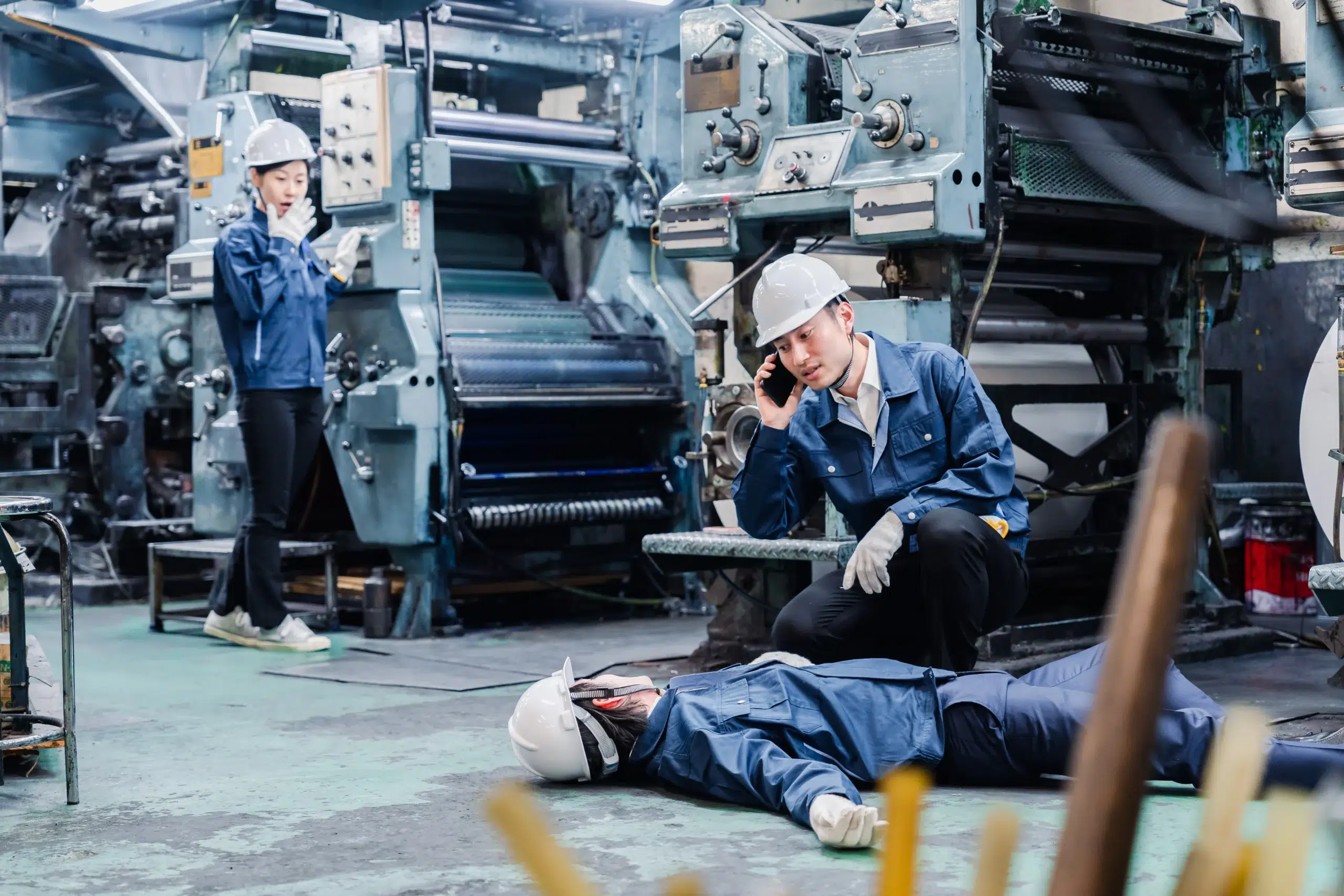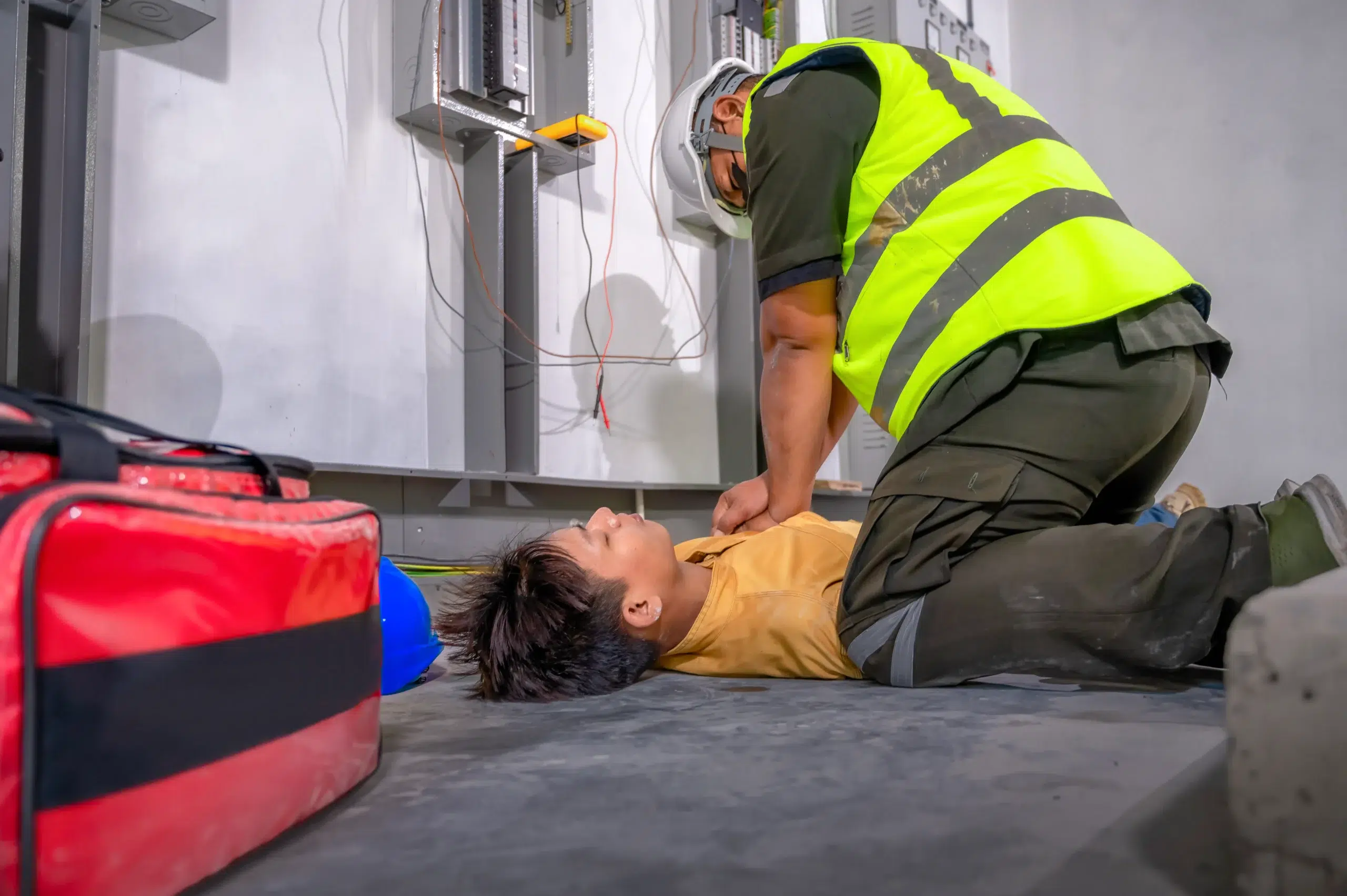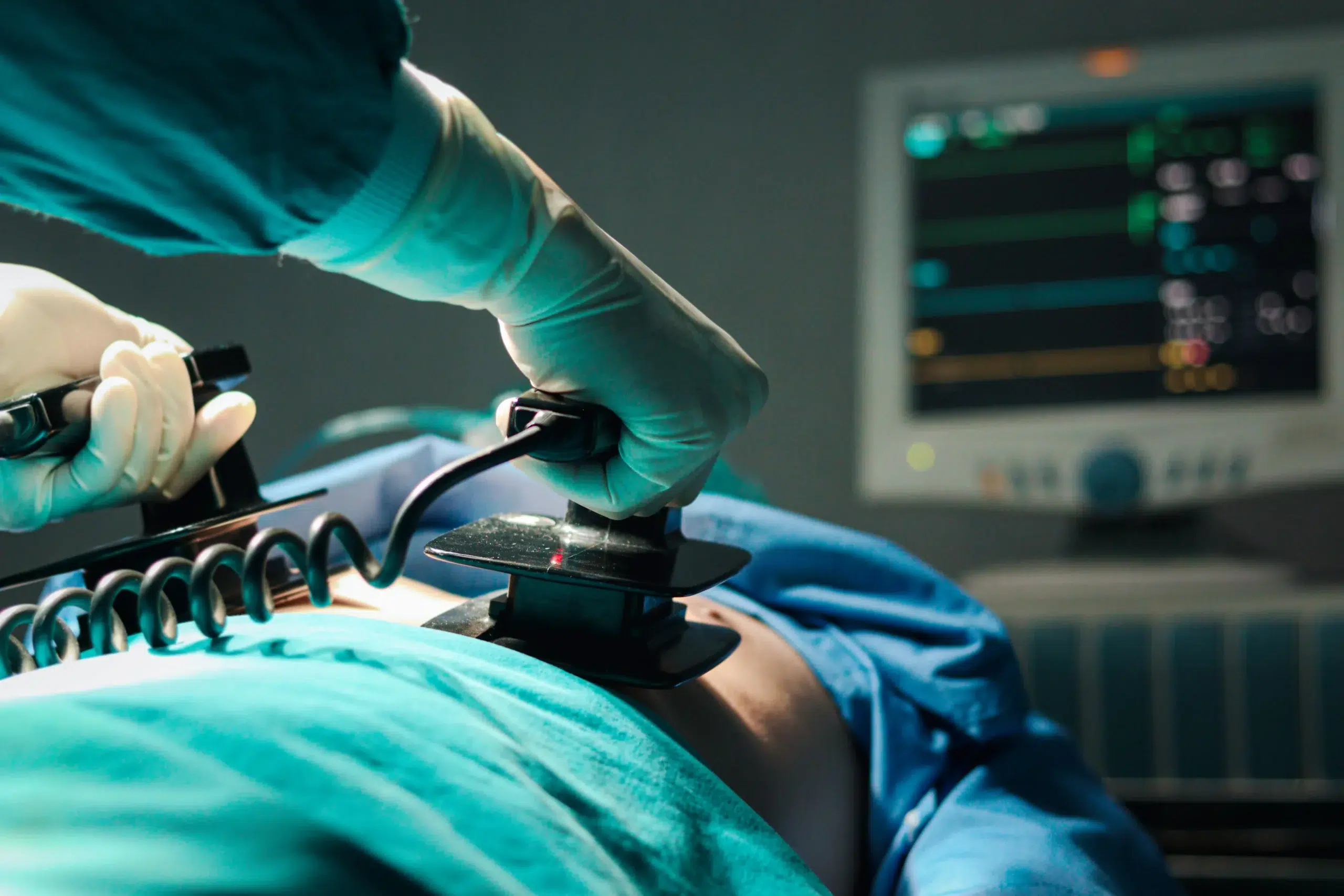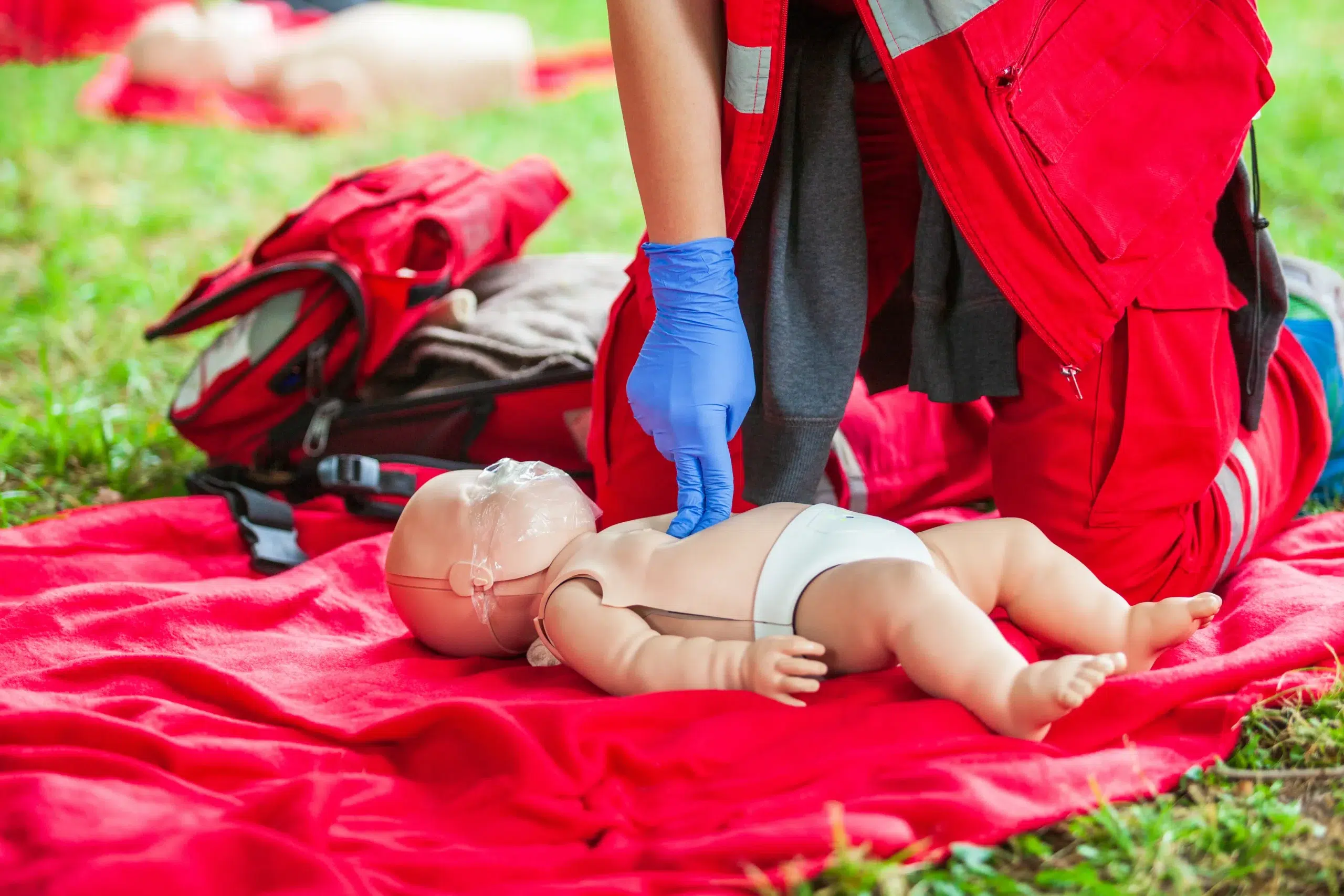As a healthcare provider in Dublin, your skills and knowledge directly impact patient outcomes. In critical situations, especially cardiovascular emergencies, having up-to-date Advanced Cardiovascular Life Support (ACLS) training can make all the difference. This guide is your roadmap to finding the best ACLS courses in Dublin. We’ll explore reputable providers like Danville CPR Classes, dissect course structures, discuss prerequisites, and provide a clear understanding of the costs involved. We’ll also equip you with strategies to overcome common training challenges and emphasize the profound benefits of ACLS certification for both your career and your patients’ well-being.
Key Takeaways
- ACLS is crucial for healthcare providers: It equips you with advanced skills to manage cardiovascular emergencies, leading to better patient outcomes. Choose a reputable, accredited provider like the American Heart Association.
- Hands-on practice makes a difference: Simulations and real-time feedback are key for mastering essential skills and building confidence. Prioritize courses with strong practical components.
- Find the right course for you: Consider cost, schedule, instructor expertise, and CPD credits when making your decision. Contact providers directly to discuss your needs and find the best fit.
What are ACLS Courses?
ACLS stands for Advanced Cardiovascular Life Support. These courses are designed for healthcare professionals who respond to cardiovascular emergencies—doctors, nurses, paramedics, and other specialized providers. ACLS training focuses on recognizing and treating life-threatening conditions like cardiac arrest, stroke, and other respiratory emergencies. You’ll learn essential skills such as high-quality CPR, how to use an AED (automated external defibrillator), and advanced airway management techniques. Building upon the foundation of Basic Life Support (BLS), these courses emphasize effective teamwork and communication in critical situations. A typical ACLS course runs for two days and combines lectures, hands-on practice, and simulated scenarios. Danville CPR Classes offers ACLS certification aligned with the latest American Heart Association guidelines, ensuring your training meets international standards and prepares you to provide optimal patient care during cardiovascular emergencies.
Top ACLS Course Providers in Dublin
Finding the right Advanced Cardiovascular Life Support (ACLS) course is crucial for healthcare professionals who need to stay sharp in cardiac emergency management. Dublin offers several reputable training centers, each with its own strengths. Here’s a rundown to help you find the best fit:
Danville CPR Classes
Danville CPR Classes offers a comprehensive ACLS course designed for healthcare professionals. The course covers the theoretical knowledge and practical skills you need to manage cardiac emergencies effectively. While their main location is in Danville, CA, they offer courses in over 60 cities, making them a convenient option for those seeking American Heart Association-aligned training. Check their website for current course availability in Dublin.
Irish Heart Foundation
The Irish Heart Foundation provides an Advanced Cardiovascular Life Support (ACLS) Provider course in Dublin, delivered by ACLS Training Services, trading as Code Blue. This two-day course is geared towards healthcare professionals responsible for handling serious heart emergencies. Certification is valid for two years. Check their website for upcoming course dates and registration.
Code Blue
Code Blue offers a two-day ACLS course accredited by both the Irish Heart Foundation and the American Heart Association. Recognized in over 50 countries, this course is a good fit for healthcare professionals—including doctors, nurses, and paramedics—who need advanced skills in cardiac emergency management. Their website offers details on course content, schedules, and registration.
St. James’s Hospital
St. James’s Hospital provides training in Basic Life Support (BLS) and Advanced Cardiovascular Life Support (ACLS). These courses are open to both hospital staff and external healthcare professionals, including doctors, nurses, and dentists. Contact the hospital’s Centre for Learning and Development for more information on course availability and registration.
ACLS Training: Structure and Duration
Understanding the structure and duration of an ACLS course can help you prepare and make the most of your training. These courses blend theoretical knowledge with hands-on practice, culminating in a thorough assessment.
Theoretical Knowledge
ACLS courses cover a broad range of essential topics. You’ll learn about CPR and AED use, the complexities of advanced airway management, and how to recognize different heart rhythms. The curriculum also includes medication administration and best practices for handling a variety of cardiac emergencies. This foundational knowledge provides a framework for effective responses in critical situations. For a deeper dive, check out this ACLS course overview.
Practical Skills
Beyond the books, ACLS training emphasizes practical application. You’ll be expected to demonstrate BLS skills and actively participate in every session. Successful completion involves passing a pre-course quiz, a Megacode test, and a final exam with a minimum score of 84%. This comprehensive assessment process ensures you’re well-prepared to apply your knowledge in real-world scenarios.
Simulations
A key component of effective ACLS training is the use of simulations. Studies show that simulation-based learning significantly improves knowledge, hands-on skills, and overall performance during resuscitation. High-fidelity simulations offer a safe environment to practice managing complex cardiac emergencies, leading to better test scores and increased student satisfaction compared to traditional methods. Plus, using real-time resuscitation guidance during simulations reinforces adherence to American Heart Association guidelines, further strengthening your skills and confidence.
ACLS Course Prerequisites and Eligibility
Ready to advance your lifesaving skills with Advanced Cardiovascular Life Support (ACLS) training? Excellent! This certification is a valuable asset for healthcare professionals. Before you begin, it’s good to understand the prerequisites. Knowing the requirements beforehand streamlines the process and ensures you’re well-prepared to succeed.
Required Certifications
A current Basic Life Support (BLS) certification is essential for enrolling in an ACLS course. Think of BLS as the foundation upon which you’ll build advanced lifesaving techniques. It ensures you have the fundamental skills to manage basic life support situations, preparing you for the complex scenarios covered in ACLS. You can explore BLS certification courses on our website.
Professional Background
ACLS certification is tailored for healthcare providers working in environments where advanced cardiac life support may be required. This typically includes professionals such as doctors, nurses, paramedics, and other allied health personnel who frequently encounter cardiac emergencies in acute care settings or emergency response situations. The training focuses on equipping these individuals with the knowledge and skills to handle complex cardiovascular emergencies effectively. For a more detailed overview, you can review information on ACLS certification.
ACLS Certification: Cost Breakdown
Getting ACLS certified is an investment in your career and patient care. Understanding associated costs will help you plan and budget effectively. Here’s a breakdown of what you can expect:
Course Fees
ACLS course fees in Dublin vary depending on the provider and course specifics. Factors influencing cost include the course duration, materials provided, and instructor experience. Expect fees to be comparable to other internationally recognized courses. For example, Code Blue’s two-day ACLS course, accredited by the Irish Heart Foundation and American Heart Association and valid in over 50 countries, gives you a sense of the potential investment. Researching different providers, including Danville CPR Classes, will give you a clearer picture of the price range and help you find the best fit for your budget.
Discounts and Promotions
Many ACLS course providers offer discounts and promotions, so it’s always worth inquiring. Some providers offer reduced rates for group bookings, students, or those registering for multiple courses. Look for special offers, particularly around peak registration periods. Bundling your ACLS course with other certifications like BLS or PALS can often lead to significant savings. Check with providers like Advanced Medical Certification, which offers discounted bundles, to see how you can maximize your training budget.
CPD Credits
Most ACLS courses offer Continuing Professional Development (CPD) or Continuing Education Units (CEUs). These credits are essential for maintaining your professional licenses and demonstrating your commitment to ongoing learning. The number of credits awarded varies depending on the course and your profession, but you can typically expect up to 16 hours for an ACLS course, like the one offered by Code Blue. Factor these credits into your decision, as they add significant value to your certification. When comparing courses, confirm the number of CPD/CEU credits offered to ensure it aligns with your professional requirements.
What Happens in an ACLS Course?
This section gives you a glimpse into what you can expect during an ACLS course, from interactive simulations to real-time feedback. Understanding these elements will help you prepare and get the most out of your training.
High-Fidelity Simulation
ACLS courses use high-fidelity simulations to recreate realistic emergency scenarios. These simulations use advanced mannequins that respond like real patients, allowing you to practice your skills in a safe environment. Think of it as a practice run for a real-life code blue. You’ll work through complex cases, make critical decisions, and receive immediate feedback. Studies show this immersive training significantly improves knowledge and performance during resuscitation. This hands-on experience bridges the gap between theory and practice.
Megacode Testing
The Megacode test is a key part of ACLS certification. It’s a comprehensive assessment evaluating your ability to manage a simulated cardiac arrest or other life-threatening cardiovascular emergency. This high-pressure test assesses your knowledge, critical thinking, and teamwork. You’ll lead a team, delegate tasks, and perform interventions according to ACLS guidelines. Successful completion of the Megacode, along with other requirements like a written exam and BLS skills demonstration, is essential for earning your ACLS certification.
Real-Time Resuscitation Guidance
Throughout the ACLS course, you’ll receive real-time guidance from experienced instructors. They’ll observe your performance during simulations, offer immediate feedback, and answer any questions. This personalized instruction helps you refine your skills and build confidence. The instructors act as mentors, providing support as you work through challenging scenarios. This immediate feedback solidifies your understanding of ACLS principles and improves your ability to provide effective patient care. Research shows this type of guidance, especially in simulation settings, improves knowledge retention and advanced resuscitation skills.
Hands-On Practice: Why It Matters in ACLS
In Advanced Cardiac Life Support (ACLS), seconds can make a difference. Knowing the algorithms is essential, but truly mastering these skills requires hands-on practice. It’s the bridge between theory and real-world application, allowing healthcare providers to develop the muscle memory and critical thinking skills necessary for effective patient care during cardiac emergencies. Think of it like learning to drive—you wouldn’t just read the manual and hop behind the wheel. You need practice to react instinctively and confidently in various situations.
Hands-on training in ACLS typically involves high-fidelity simulations. These simulations create realistic scenarios, using advanced mannequins that mimic real patient responses. This immersive experience allows you to practice essential skills like airway management, intravenous access, and defibrillation in a safe and controlled environment. Studies show that high-fidelity simulation leads to better knowledge retention and improved performance during actual resuscitations. It’s not just about going through the motions; it’s about developing the ability to assess, adapt, and act decisively under pressure. Research also indicates that simulation-based ACLS courses significantly improve psychomotor skills, crucial for performing complex procedures quickly and accurately.
Beyond technical skills, hands-on practice fosters effective teamwork and communication. In a code situation, clear communication and coordinated efforts are paramount. Simulations provide opportunities to practice these non-technical skills, working alongside colleagues to manage complex scenarios and develop a shared mental model. This collaborative approach builds confidence and prepares teams to function seamlessly during real emergencies. Furthermore, hands-on training allows individuals to experience the emotional and psychological demands of a code, helping them develop coping mechanisms and manage stress in high-pressure situations. This aspect of training is often overlooked but is equally important for ensuring optimal performance.
Common ACLS Course Challenges
Even seasoned healthcare professionals find Advanced Cardiovascular Life Support (ACLS) training rigorous. It demands a high level of skill and quick thinking. Let’s break down some common hurdles students face, and how to overcome them.
Time Constraints and Scheduling
Juggling a busy work schedule with ACLS training can be tricky. Finding time for in-person classes, especially with unpredictable hospital shifts, is a common challenge. Effective time management strategies are key, both during the course and in real-world emergencies. Look for courses, like those offered at Danville CPR Classes, that offer flexible scheduling options to accommodate your needs.
Communication and Teamwork
Clear communication is the cornerstone of effective teamwork during medical emergencies. Communication breakdowns can hinder even the most skilled teams. ACLS courses often emphasize teamwork and communication exercises to prepare you for the high-pressure environment of a real emergency. Practicing clear and concise communication during simulations is a great way to build these skills.
Managing Stress
The fast-paced nature of ACLS scenarios, combined with the weight of patient outcomes, can be incredibly stressful. Understanding these psychological challenges and developing coping mechanisms are crucial for long-term success in the field. Open communication with colleagues and instructors can also provide valuable support. Remember to prioritize self-care throughout your training and career.
Mastering Algorithms
ACLS algorithms provide a structured approach to various medical emergencies. However, the sheer number of algorithms can feel overwhelming. Consistent study and practice are essential for mastering these algorithms and applying them effectively under pressure. Many courses, including those at Danville CPR Classes, offer resources and practice scenarios to help solidify your understanding. Consider using flashcards or other memory aids to help you learn and retain the information.
Benefits of ACLS Training for Healthcare Professionals
As a healthcare provider, you’re on the front lines of patient care. ACLS training equips you with the skills and knowledge to handle life-threatening cardiovascular emergencies effectively. Let’s explore some key advantages:
Enhanced Emergency Response
Every second counts during a cardiac arrest. Studies show that healthcare professionals trained in Advanced Cardiovascular Life Support (ACLS) demonstrate significantly improved adherence to American Heart Association (AHA) standards during in-hospital cardiac arrests. Simulation-based training plays a crucial role in enhancing the quality of care during these critical events. This translates to better patient outcomes and increased survival rates.
Improved Team Coordination
Effective teamwork is the cornerstone of successful resuscitation. ACLS training emphasizes clear communication and coordinated efforts among team members. This training helps reduce the communication breakdowns that can hinder effective team dynamics during emergencies. When everyone knows their role and can communicate effectively, the team functions more efficiently, leading to improved patient care.
Increased Confidence in Critical Situations
Facing a cardiac emergency can be stressful, even for seasoned professionals. ACLS training, particularly programs incorporating high-fidelity simulation, builds confidence by providing realistic, hands-on experience. This immersive training allows healthcare providers to practice their skills in a safe environment, leading to increased comfort and competence when facing real-life emergencies. Confident healthcare providers are better equipped to make quick, informed decisions under pressure.
Up-to-Date Cardiac Care Knowledge
Medical knowledge is constantly evolving. ACLS training ensures you stay current with the latest guidelines and updates from the American Heart Association. This includes best practices for administering medications, using equipment, and implementing life-saving techniques. Staying up-to-date is essential for providing the most effective cardiac care and improving patient outcomes.
Choosing Your Dublin ACLS Course
Finding the right Advanced Cardiovascular Life Support (ACLS) course in Dublin requires careful consideration of several key factors that can significantly impact the quality of your training and your preparedness for real-world emergencies.
Accreditation
A crucial first step is verifying the ACLS course accreditation. Opt for programs accredited by reputable organizations like the American Heart Association or the Irish Heart Foundation. This ensures the curriculum adheres to international standards and that your certification will be widely recognized. For example, Code Blue offers an ACLS certification valid in over 50 countries—a significant advantage for healthcare professionals considering international work.
Instructor Expertise
The instructors’ experience and qualifications directly influence the effectiveness of your training. Look for courses led by seasoned healthcare professionals with a proven track record in teaching advanced life support techniques. Instructors who actively practice in the field bring valuable real-world insights to the classroom, enriching the learning experience and better preparing you for diverse emergency scenarios. For instance, Code Blue emphasizes its instructors’ expertise as seasoned Irish healthcare professionals.
Course Flexibility and Scheduling
Balancing professional commitments with continuing education requires flexibility. Consider course schedules, formats, and any pre-course requirements when making your decision. The Irish Heart Foundation often publishes upcoming course dates online, allowing you to plan in advance. Also, confirm eligibility criteria, such as holding a current Basic Life Support (BLS) certification and completing any required pre-course work, before registering for an ACLS course.
Related Articles
- ACLS Courses in Danville: Your Certification Guide – Danville CPR Classes
- AHA ACLS Classes in Danville – Danville CPR Classes
- CPR, BLS, ACLS, PALS, and First-aid Courses in Danville, CA
- Your Guide to BLS Renewal in Dublin – Danville CPR Classes
- BLS Certification in San Ramon: Your Comprehensive Guide – Danville CPR Classes
Frequently Asked Questions
What’s the difference between BLS and ACLS?
BLS (Basic Life Support) teaches fundamental lifesaving skills, such as CPR and using an AED. It’s the foundation for anyone who might need to respond to a medical emergency. ACLS (Advanced Cardiovascular Life Support) builds upon BLS, focusing on the advanced, team-based care required for managing severe cardiovascular emergencies. It’s designed for healthcare professionals like doctors, nurses, and paramedics.
How long does ACLS certification last, and how do I renew it?
ACLS certification is typically valid for two years. To renew, you’ll need to complete a refresher course before your current certification expires. This ensures your skills and knowledge remain up-to-date with the latest guidelines.
What if I don’t work in a hospital? Do I still need ACLS certification?
While ACLS is often associated with hospital settings, it’s valuable for any healthcare professional who might encounter cardiovascular emergencies. This could include paramedics, emergency room physicians, and those working in critical care transport. Even if you don’t regularly work in these settings, having ACLS certification demonstrates a commitment to advanced life support and can enhance your career prospects.
Are there any online ACLS courses available?
While some online resources can supplement your learning, a significant portion of ACLS training involves hands-on practice and simulations. These are best conducted in person with experienced instructors who can provide real-time feedback. Look for courses that blend online learning with in-person skills sessions for a comprehensive learning experience.
How can I prepare for the ACLS course and the Megacode test?
Preparation is key to success in ACLS. Review your BLS skills, familiarize yourself with the ACLS algorithms, and take advantage of any pre-course materials provided. Practice scenarios with colleagues can also help build your confidence and teamwork skills. Don’t underestimate the importance of managing stress during the course and the Megacode—practice relaxation techniques and reach out to instructors or mentors for support.


